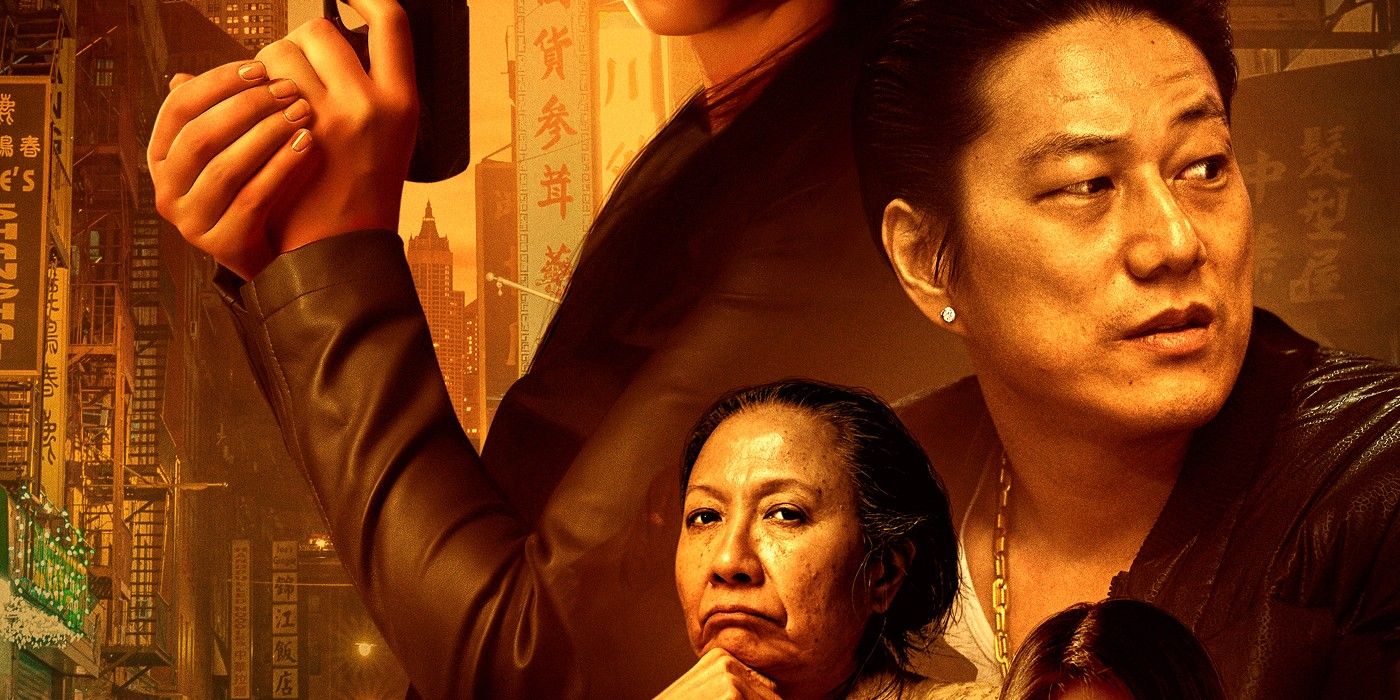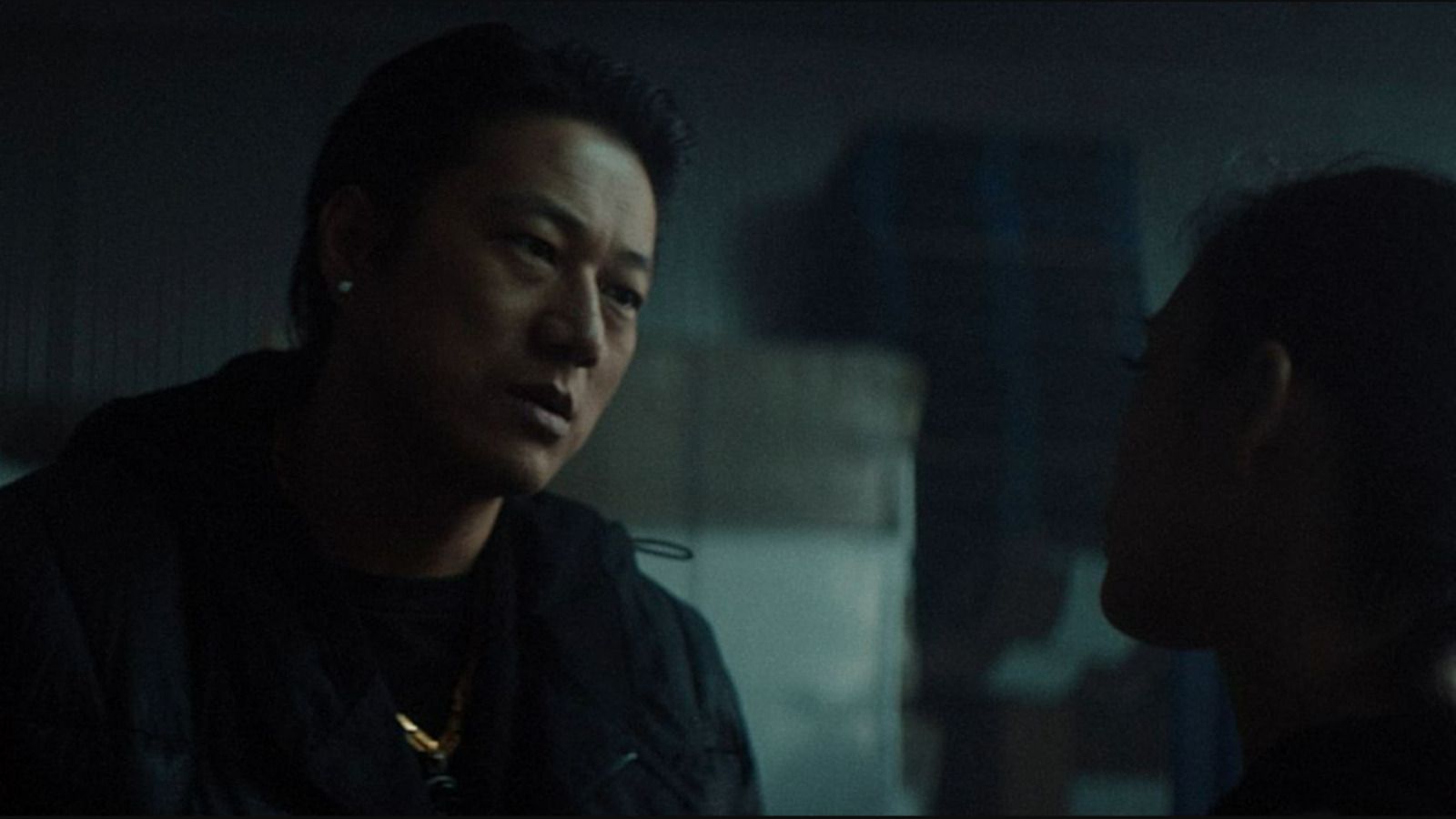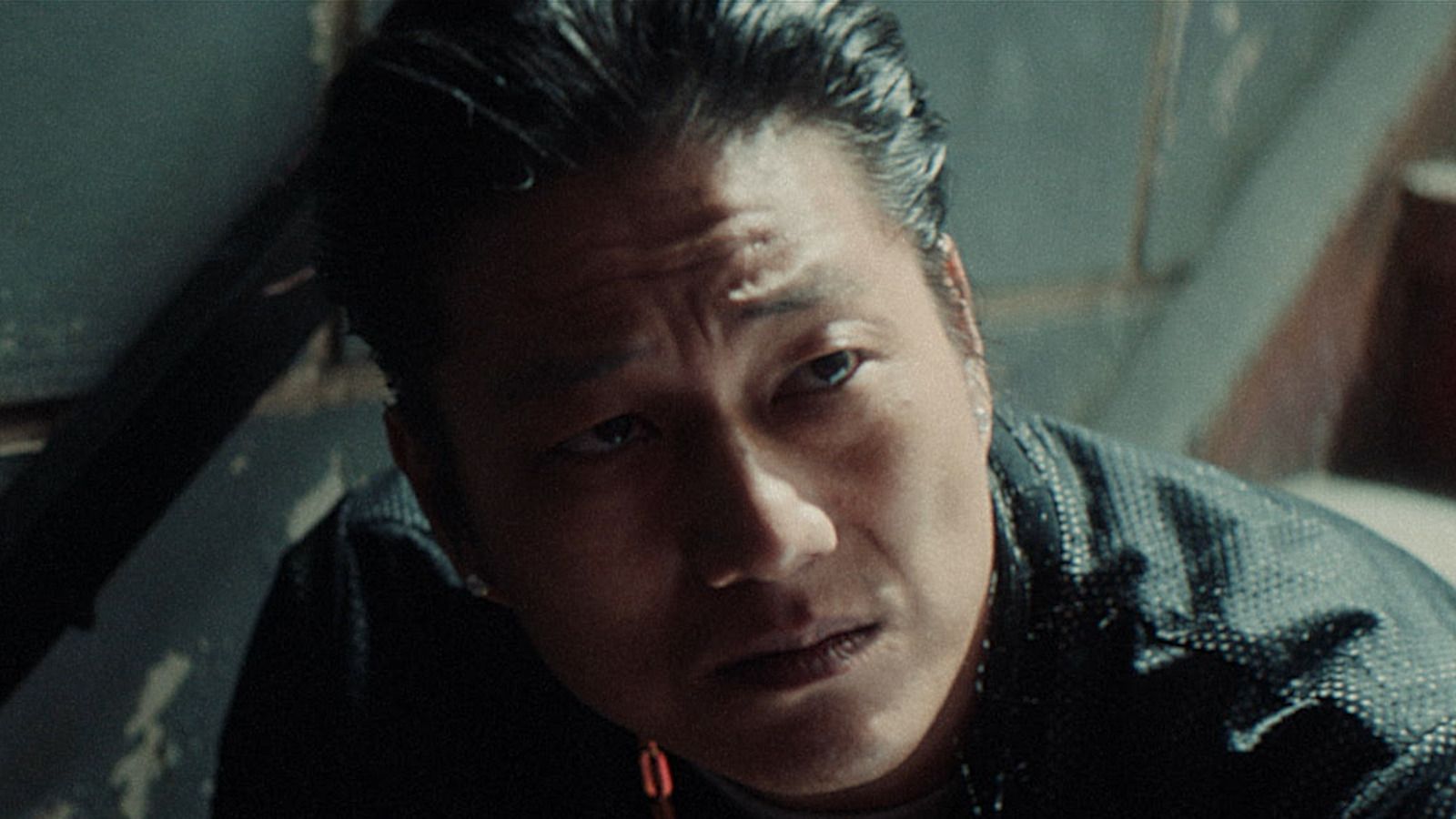Fresh off of his return to the Fast & Furious franchise in this year's high-octane sequel F9, actor and producer Sung Kang delves into a gripping crime drama, Snakehead, helmed by longtime friend and collaborator Evan Jackson Leong. Kang executive produces the project and stars in the film as Rambo, a loose cannon figure in Chinatown's criminal underworld under his mother, Dai Mah (Jade Wu), as she leads an extensive human trafficking ring between New York and Hong Kong. As Rambo desperately seeks his mother's approval, his position in the crime syndicate becomes threatened by a newcomer, Sister Tse (Shuya Chang).
In an exclusive interview with CBR, Kang revealed what drew him to Snakehead and discusses changes made across its development. Kang also shared the motivations and perspective of his character Rambo and expressed joy in getting to join the Star Wars Universe in the upcoming television miniseries Obi-Wan Kenobi.
Sung, you've been friends with Evan for a long time. Do you remember when he first came up with the idea for Snakehead as his first narrative feature?
Sung Kang: Yeah, it was a long time ago. We've known each other for twenty years now. He was always gearing up to do a narrative feature. The inception of this idea, we go on walks or be playing basketball and he'd always be pitching ideas, I've been living with this for almost a decade, at least eight to ten years, since he's been thinking about this idea. He was always into making the lead a female, which I thought was interesting. I thought he was going to go into a more male-centric story but he was always talking about a female lead.
While the idea of a female lead was always there, what things changed over the long development process?
I think initially, even the world he was thinking of, and the story arc he was thinking, all took place in San Francisco where he's from. I think with this evolution into the narrative world, he realized that the geography -- which is important and like a character in the film -- somehow the San Francisco thing didn't have the DNA that merited the story for him. There are these issues in the Bay [Area] but somehow it's not as pronounced or has the history, whereas if you place it in New York Chinatown, it feels rich.
That's why Evan moved to New York. He moved to the city to find and evolve this world in his head. It felt like New York Chinatown was where he was going to find it and he did -- kudos to him. Everyone asked why he was going to New York and he went, "I've got to go find my movie!" That's what he kept saying. "I've got to be alone and suffer and know what it feels like to be an artist in New York if I'm going to tell this story."
With this being a female-centric film, led by Jade Wu and Shuya Chang, how do you see your own character, Rambo? I see him as someone driven by jealousy and resentment.
Well, those are harsher words. I think, what's more relatable for an actor is a longing for mama's validation and love. I think it's as simple as that. Every action that comes out of Rambo, good or bad, comes from his mother and the need for her validation and approval, which he'll never get from his mama. He can't compete with her. That's the devil incarnate. She's vicious. He can't compete with that and he can't compete with Sister Tse. That character, aside from the bravado, is so complex and tragic. You can identify with needing approval from somebody like your mother
Was there a specific line or bit of direction that helped inform how you approached your performance?
No, what was great was that Jade and I have a nice history. We did a movie, The Motel, years ago and there's a cadence that Jade walks into a room with. People perk up and want her approval and validation in terms of her work as an actor: she's a matron of the game. In many cases, art imitates life so, just being around her, you do want her approval. It's easy to tap into that and I'm an actor so there's a lot of insecurities and overcompensations and a lot of need for approval from mama, easy stuff to tap into.
What about Shuya? How was it finding that on-screen rivalry with her character as your scene partner?
She's great because of her conviction to the craft. You can tell on-screen, it's grounded. Even though it's her first lead [role], she set the tone and it was easy to volley with her -- when you give, she gives back -- and she was willing to take risks. There's conviction and purpose behind her choices and many times, it's easy to fall into the trap of playing this one-dimensional tough guy or girl. You could always look in her eyes and see it's grounded in something deeper and more tragic and this need to reunite or take care of her daughter, this burning pain inside that resonates on-screen. She grounded that character well.
You've been doing indie films for decades but also big-budget stuff like F9. How does doing indies symbiotically affect your work in big studio movies and how do the big studio movies affect your indie work?
They complement each other. Many times, you're tested on either side. You're tested with having either too little or too much. What kind of choices and what kind of work are you going to be a part of when the money is in front of you? How are you going to approach the work? Is it going to be the same as when you're on an indie film? When the camera rolls, it's all the same. Nobody cares how much you have or didn't have: all that stuff doesn't matter. What matters is what's presented in front of the audience -- the story and your work.
I learned that I'm tested many times in the smaller budget [films] but I welcome it because it shows that this is something I want to be doing. It doesn't matter how much I'm getting paid or big or small the budget is. I want to be part of this as a storyteller and actor. I love filmmaking, I love every aspect. A bigger budget just means you get warmer coffee and more food. It's all the same and doesn't matter. I don't eat anyway when I'm on set because I'm so nervous and happy to be there. Who has an appetite? If you have to eat or worry about how big your trailer is, you're in the wrong game.
How cool is it to be part of the Star Wars Universe?
I wish I could tell you about what I'm doing and what's going on but I can't because I'll get in a lot of trouble. But I will tell you, as a fan of Star Wars and growing up as a kid dressing up in Halloween costumes -- even after school not on Halloween and playing pretend with my friends -- it's amazing. It's a dream come true. I'm in the universe that I used to play pretend in and watch every day on VHS. This is the Hollywood story that, in my autobiography, I'll be able to go back to because, aside from all the cool Star Wars stuff, I feel like, on these sets, you find your tribe. All these people that grew up with Star Wars and have that feeling that you can see in their eyes. Imagine if you could come to the Star Wars Universe and just hang out and wear costumes: you wouldn't stop smiling. That's how I feel, Sam!
Directed, written, and produced by Evan Jackson Leong, Snakehead is in theaters now and on digital HD.



